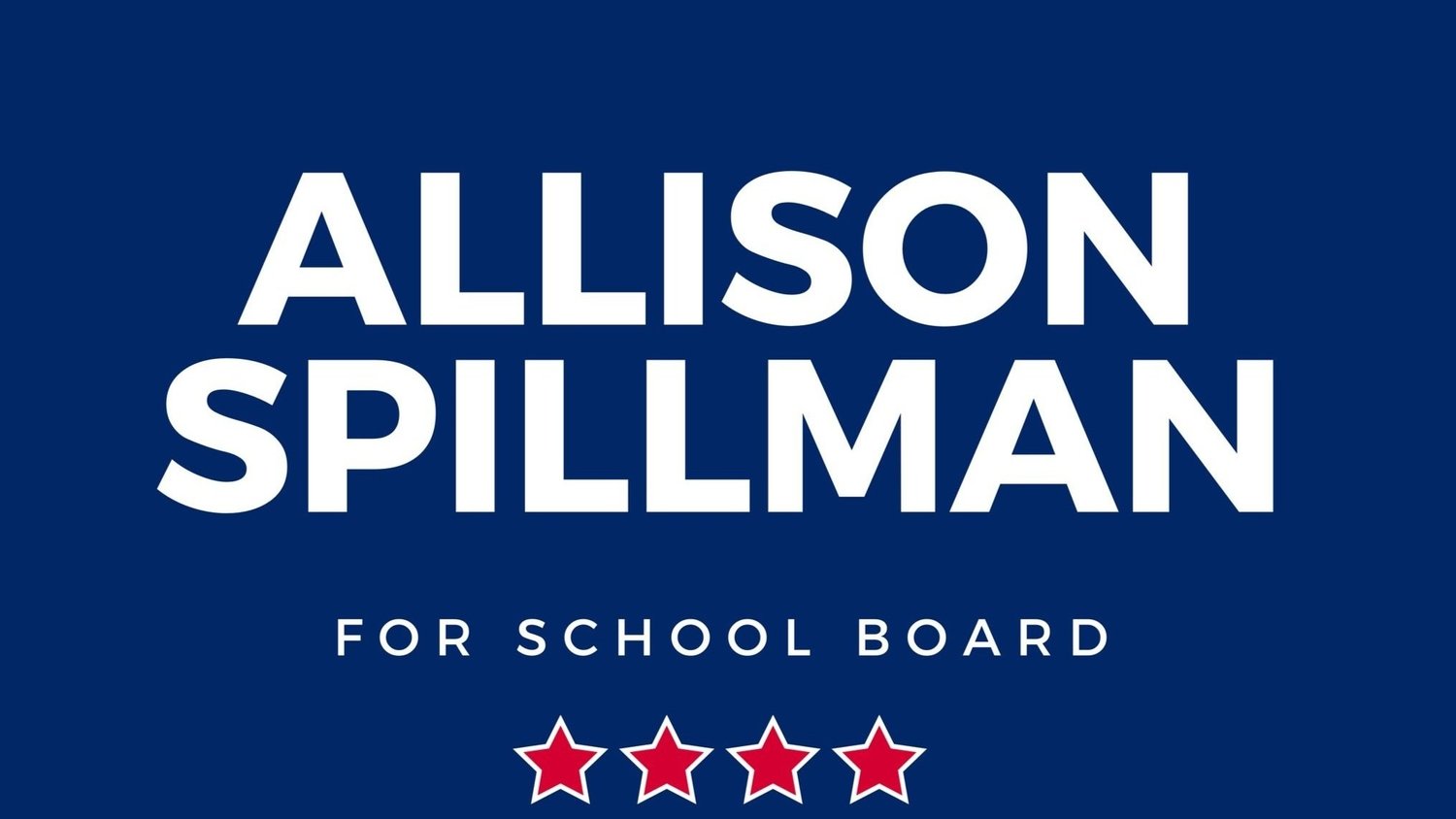Assessing and Improving Special Education Programs
One of the reasons I am running for the at-large seat on the Albemarle County School Board is to advocate for our vulnerable and at-risk students. Every child deserves a high-quality education that allows them to learn, grow, and thrive. This includes students with disabilities, a cause that is particularly close to my heart.
My husband and I have adopted two children – my youngest son, who is currently 10, and our daughter (his biological sister), who is currently 7. They both experienced trauma related to their early childhood experiences in the foster care system. In addition, my youngest son has been diagnosed with a significant genetic disorder contributing to a range of physical and mental health issues, including autism spectrum disorder. He currently has an extensive IEP that has required considerable involvement by the school’s special education resources and administration, with limited success and progress. As a result, I know first-hand the challenges that families of a child with a disability face in fighting to ensure their child gets an appropriate learning environment that meets that child’s individual needs.
Earlier this week, I attended a meeting of ACPS’s Special Education Advisory Committee (SEAC), a group of parents of students who require special education services, other interested persons from the community, and educators in the field who have an interest in special education. I deeply appreciate these individuals’ willingness to volunteer their time and talents to help improve special education in ACPS, and in particular for the approximately 1800 students with disabilities that are enrolled in our public schools.
Unfortunately, it’s clear that ACPS is currently failing to meet the needs of many of our students with disabilities. In particular, I encourage everyone to read SEAC’s 2022-2023 annual report, which details numerous challenges and areas for improvement in providing special education services. Many of these issues are not unique to ACPS, but we must act locally to do better by our students.
First, ACPS must improve its communication and engagement with families who have a child with a disability. As SEAC’s report notes, “SEAC members continue to hear and observe disengagement and distrust of the [special education] system. Families have reported to SEAC that there is a lack of administrative transparency in the decision-making processes affecting students in special education–and that children with disabilities appear to be an afterthought.” Parents of children with disabilities have the right to meaningfully participate in the development of a special education program that fits their child’s needs, and ACPS must truly listen to their needs and concerns.
Second, ACPS must be more transparent in its decision-making process for special education services. This includes timely acting upon requests by parents to assess whether a student has a disability, promptly working to develop an individualized educational program as required by federal law, and then effectively implementing that program. It also includes not making changes to an established IEP without the parents’ consent. Troublingly, SEAC’s report notes that some families with a neurodivergent child have reported that their child has been abruptly reassigned to an outside program by letter without adequate time to prepare for this transition.
Third, ACPS must provide greater support to families who have a child with disabilities regarding their legal rights. A recent class-action lawsuit filed against the Virginia Department of Education alleges that the deck is stacked against parents of a child with disabilities in Virginia when it comes to appealing claims that their student is not receiving an appropriate education as required by federal law. Specifically, it contended that only 1.5% of cases ruled in favor of parents who alleged a violation of their child’s rights under the Individuals with Disabilities Education Act (IDEA), compared to a success rate near 30% in other states. In addition, ACPS’s Parent Resource Center – which provides support to families who have a child with a potential or known disability – has only a part-time staffer who is available one day per week. This is clearly inadequate to meet the needs of the approximately 1800 families of a child with a disability. At a minimum, ACPS needs to staff the Parent Resource Center with a full-time employee.
Fourth, ACPS needs to increase teacher and support staff recruitment and retention for students with disabilities. The SEAC report notes that “[t]eachers feel that they are not equipped with the intervention specialists or support staff necessary to appropriately co-teach and implement IEPs.” Currently, there are 26 open licensed teaching positions related to special education services that need to be filled. This does not even include the open teaching assistant positions. We must make sure that these positions are promptly filled by, among other things, providing competitive compensation, benefits, and working conditions—which collective bargaining will also help with.
In sum, we need to do better. As a School Board member, I will ensure that children with disabilities get the attention and accommodations that they need and deserve so that they can get a high-quality education that will allow them to grow, thrive, and succeed in school and in life.
